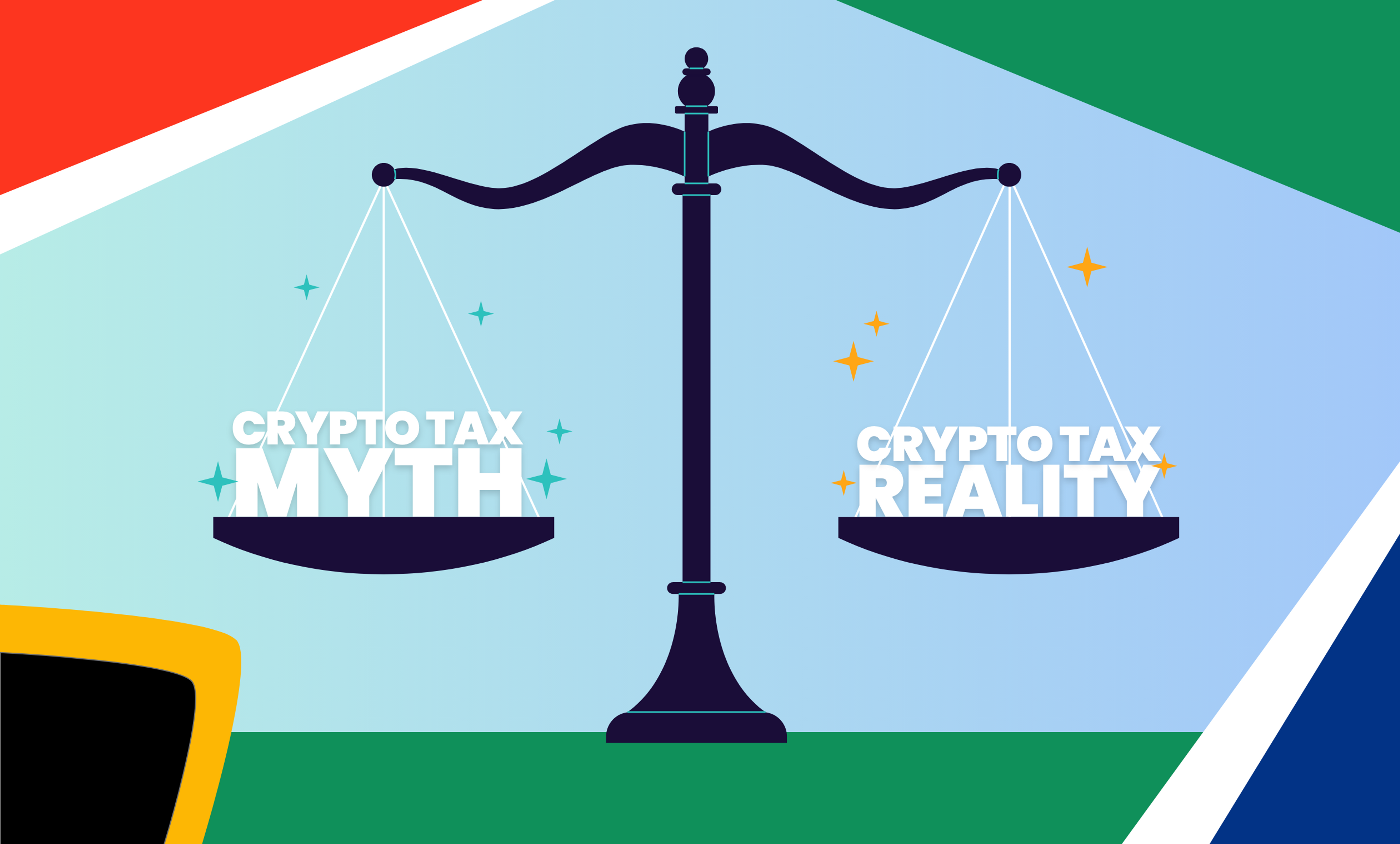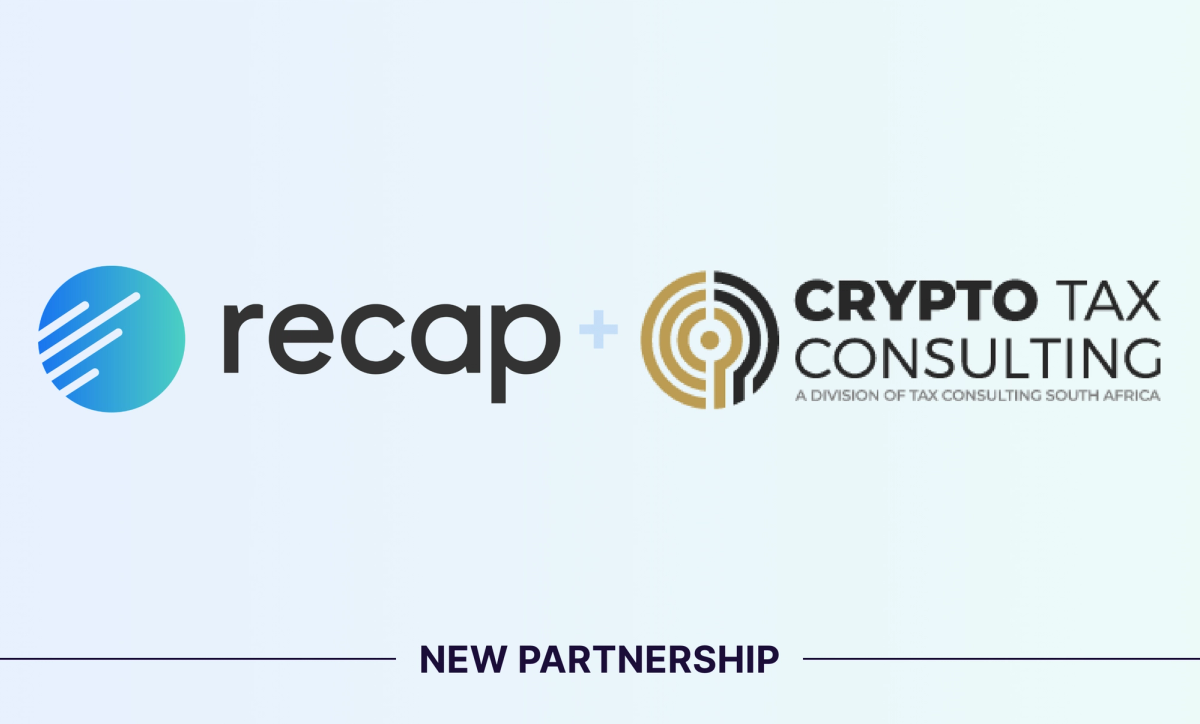
In the ever-evolving landscape of cryptocurrency, navigating the complexities of taxation can be challenging. In this article we dispel five misconceptions surrounding crypto asset taxation in South Africa.
Disclaimers
This guide is intended as a generic informative piece. This is not accounting or tax advice that can be relied upon for any UK individual’s specific circumstances. Please speak to a qualified tax advisor about your specific circumstances before acting upon any of the information in this article.
Myth 1: Lack of SARS guidance on crypto taxes
Contrary to popular belief, the South African Revenue Service (SARS) released comprehensive guidance on cryptocurrency taxation in 2018. Moreover, SARS has continued to provide clarifications, demonstrating a proactive approach to assist crypto investors. Despite the availability of guidance, many individuals remain unaware, inadvertently leading to non-compliance. Staying informed is crucial to ensure compliance with the law.
Myth 2: Cryptocurrency taxation is a recent development
Actually, cryptocurrency taxation has always been a part of South Africa's tax landscape. In 2018, SARS reaffirmed its stance by applying standard income tax rules to cryptocurrencies, releasing a statement clarifying that they would:
…continue to apply normal income tax rules to cryptocurrencies and will expect affected taxpayers to declare cryptocurrency gains or losses as part of their taxable income.
This means that affected taxpayers are responsible for declaring their cryptocurrency gains or losses as part of their taxable income. Remember that various crypto asset activities, including trading between cryptocurrencies, are taxable, necessitating the declaration of all relevant trades. Leading us into…
Myth 3: Tax only applies to crypto gains when I withdraw
SARS's guidance explicitly states that taxable events encompass more than just withdrawals.
…The onus is on taxpayers to declare all cryptocurrency-related taxable income in the tax year in which it is received or accrued. Failure to do so could result in interest and penalties.
Taxpayers are required to declare all cryptocurrency-related taxable income in the tax year. SARS considers gains on crypto assets taxable, whether capital or revenue in nature, even if the assets remain on a cryptocurrency platform. Activities like staking, airdrops, and mining should be meticulously reviewed and declared as necessary.
Myth 4: I only need to pay capital gains tax on my crypto trading
Reality: The tax treatment for crypto assets varies across the globe with different tax authorities taking different views. SARS guidance states that:
…cryptocurrencies are not regarded by SARS as a currency for income tax purposes or CGT (Capital Gains Tax). Instead, cryptocurrencies are regarded by SARS as assets of an intangible nature.
Taxpayers must assess their individual circumstances to determine whether their gains could be categorised as capital or revenue in nature. For more information take a look at our Comprehensive South African Crypto Tax Guide.
Myth 5: SARS don’t know about my crypto
It’s a common misconception that crypto transactions are entirely anonymous and untraceable. In reality, cryptocurrency transactions are pseudonymous, as they are recorded on the blockchain, a public ledger accessible to anyone. While some degree of privacy can be maintained, tax authorities like SARS can trace digital footprints if necessary.
For further information about cryptocurrency taxation in South Africa head to our Comprehensive South African Crypto Tax Guide or to start calculating your crypto taxes sign up for free at recap.io.
Disclaimer: The content of this blog is for general informational purposes only. It is not legal or tax advice. Therefore, use this information at your own risk and for information purposes only. Consult a professional regarding your individual tax or legal situation.


